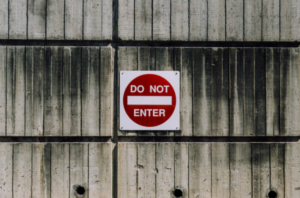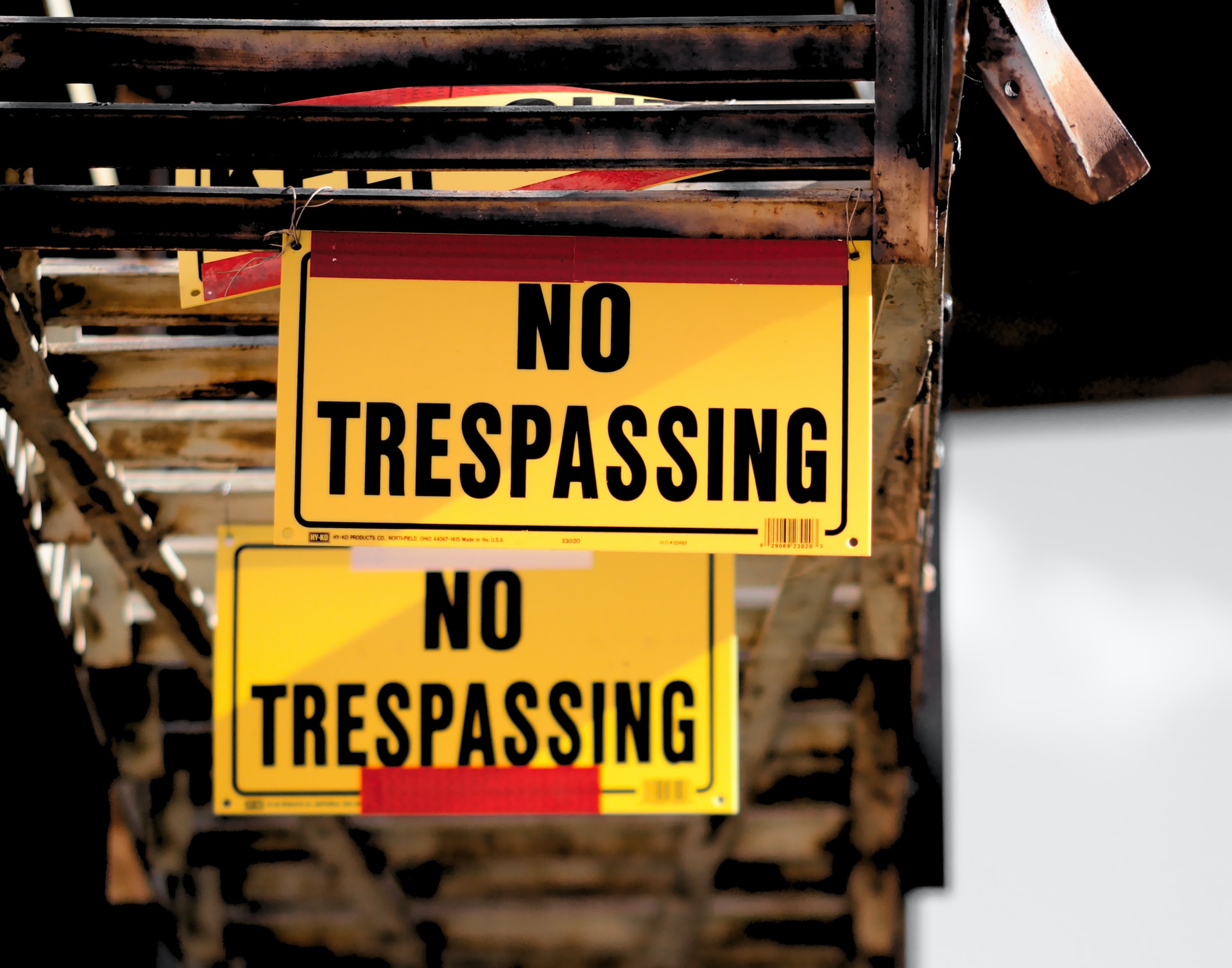Casting our nets to capture the biggest number of defendants with accountability raises the possible quantity of liability coverage available to our clientele. Naming all defendants with potential liability additionally protects our customers from using a named defendant to blame somebody who wasn’t called a suspect in the case. When assessing premises liability cases, a lot of people may overlook possible defendants. Although a property owner’s responsibilities are non-delegable, please do not feel the buck stops entirely with him. To get further information about premises liability, you may read more on this article.
What Is the General Duty of the Property Owner?
 A landlord who wants to make such repairs includes an obligation to use ordinary care to create them whether the repairs have been made willingly or not. An independent contractor might be just as responsible for your customer’s injuries as the landowner. The excess bud of insurance can prove useful in receiving a full and fair settlement for the customer. Make sure you name both defendants in any suit and struggle hard to maintain the individual contractor in the circumstance. In case the contractor isn’t stored at the instance, the landowner may assert requesting the contractor to the prosecution. You do not need this circumstance. You need both of these sitting in the front of the trial.
A landlord who wants to make such repairs includes an obligation to use ordinary care to create them whether the repairs have been made willingly or not. An independent contractor might be just as responsible for your customer’s injuries as the landowner. The excess bud of insurance can prove useful in receiving a full and fair settlement for the customer. Make sure you name both defendants in any suit and struggle hard to maintain the individual contractor in the circumstance. In case the contractor isn’t stored at the instance, the landowner may assert requesting the contractor to the prosecution. You do not need this circumstance. You need both of these sitting in the front of the trial.
Can the owner be held liable for the independent contractor?
 The landlord isn’t responsible; at the other, the individual contractor isn’t accountable; nonetheless, the Court in Love distinguished both cases. The Court said that Kesler’s negligent act didn’t appear from the release of their landlord’s obligation to provide safe assumptions; however, upon independence. The landlord didn’t assign the individual contractor his responsibility to keep the common areas in a safe state; he just hired the contractor to fix a doorway in the frequent place – an isolated and different action.
The landlord isn’t responsible; at the other, the individual contractor isn’t accountable; nonetheless, the Court in Love distinguished both cases. The Court said that Kesler’s negligent act didn’t appear from the release of their landlord’s obligation to provide safe assumptions; however, upon independence. The landlord didn’t assign the individual contractor his responsibility to keep the common areas in a safe state; he just hired the contractor to fix a doorway in the frequent place – an isolated and different action.
Because of this, the Love Court reasoned, Kesler didn’t apply to its facts. In Love, the individual contractor has been charged with each the upkeep of their premises. That’s the responsibility that a landlord can’t delegate. In Kesler, the particular contractor has been charged with different and isolated support – replacing a doorway. Even though the landowner in Love couldn’t assign the regular upkeep and maintenance of this building to an independent contractor, Kesler’s independent contractor might be held responsible for negligence in performing a different action. Therefore, the Supreme Court from Southern Floors produced a distinction between the obligation to keep the property in a safe state and the duty of care needed when a person is hired to create a fix or improvement.

